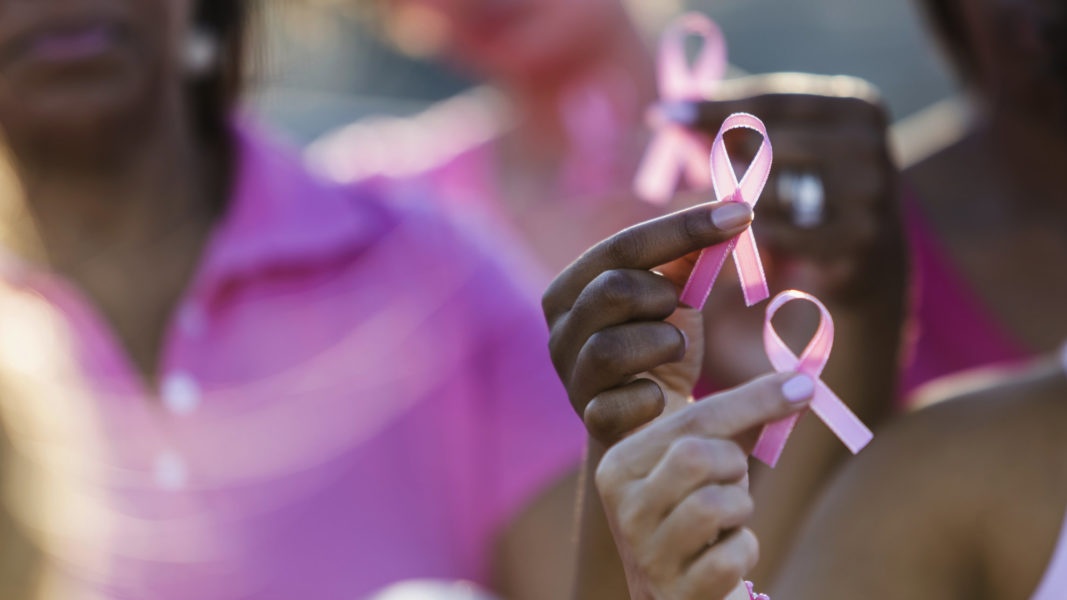As World Cancer Day 2022 is marked across the globe today, WHO Regional Director for Africa, Dr Matshidiso Moeti, has been recounting some progress made in Africa to fight the disease.
In a message to commemorate this year’s cancer awareness day, Dr Moeti said WHO’s Global Initiative for Childhood Cancer (GICC) has led the progress on the continent.
“Through the Global Initiative for Childhood Cancer (GICC), Zambia, Senegal and Ghana have developed country-specific treatment guidelines, established paediatric hospital-based registries, and improved access to chemotherapy. Senegal is in the process of including childhood cancers in its new National Cancer Control Plan,” she said.
Experts estimate that 16,600 cases of cancer occur annually in Ghana, yielding an age-standardised rate of 109.5 cases per 100,000 persons.
The theme for this year’s World Cancer Day – marked every February 4 – is ‘’Close the care gap” and marks the start of a three-year campaign to raise global awareness around cancer and its impacts, especially on our most vulnerable citizens.
“Our call to Member States in the African Region is to make the necessary investment required to ensure that all our citizens, no matter their incomes or geographic location, have access to quality cancer care.
“Every year, Africa records around 1.1 million new cases of cancer, resulting in up to 700 000 deaths. Breast cancer, along with cervical, prostate, liver and colorectal cancers, account for almost half the new cases on the continent annually,” Dr Moeti said in the message released on Thursday, February 3, 2022.
She said children are also inequitably impacted by cancer, disclosing that of the more than 400, 000 children diagnosed annually with cancer around the world, about 90% live in low- and middle-income countries.
“Survival rates are at a very low 20% or less in African countries, compared to more than 80% in developed countries.
“A renewed effort to curb new cancer cases is urgent; alarming projections are that cancer death rates in Africa will rise exponentially over the next 20 years, outstripping the global average by 30%,” Dr Moeti said.
READ ALSO: U.S President Joe Biden honours Nduom’s son Edjah Nduom for cancer fight
Common challenges across the African continent include lack of awareness and education, limited access to primary prevention and early detection services, coupled with delays in diagnosis and treatment. There is also limited access to palliative care and pain relief.
Shortages of specialists in medical and radiation oncology, pathology, medical physics and other essential areas compound the gaps. Africa has only 3% of the world’s cancer treatment facilities, with radiotherapy available in just 22 countries in sub-Saharan Africa, which contributes to poor survival rates.
To ‘’close the care gap’’, WHO Africa is driving a number of key initiatives. These have seen 45% of our countries introduce national HPV vaccination programmes to address the cervical cancer threat.
Presenting more significant progress, she said national screening programmes are now operational in 72% countries, 11 of which offer high-performance screening.
Last year, WHO Africa partnered with St. Jude Children’s Research Hospital in the United States to launch the groundbreaking Global Platform for Access to Childhood Cancer Medicines. It is expected to contribute significantly to closing the cancer care gap for children on the continent.
“As countries work towards universal health care, with the support of WHO, cancer risk factors need to be prioritized. Equitable access to life-saving vaccines, robust screening and early detection programmes, combined with a skilled workforce and adequate infrastructure and equipment, are also critical.
“As individuals, governments, partners and civil society, we all have a role to play. It will take a combined effort and multi-sectoral approach to achieve uninterrupted access to affordable, safe and effective cancer therapies for all,” Dr Moeti stated.





